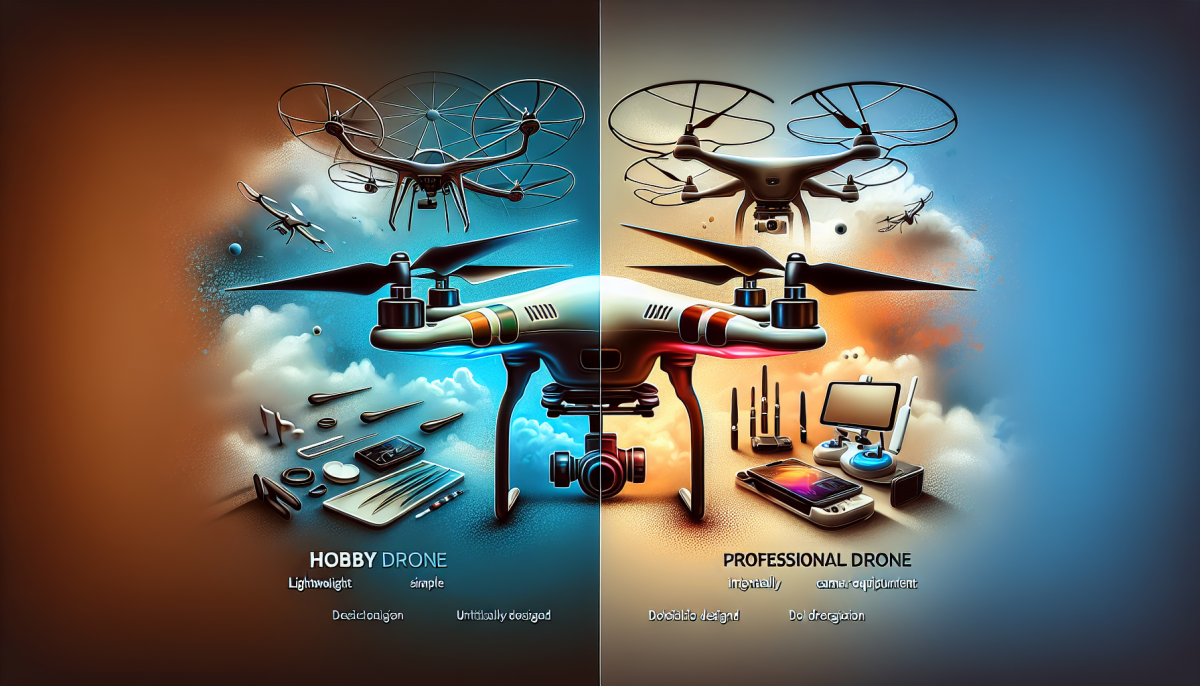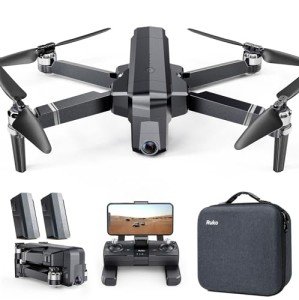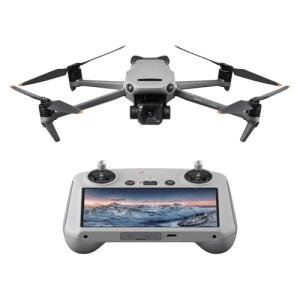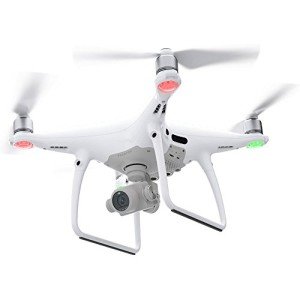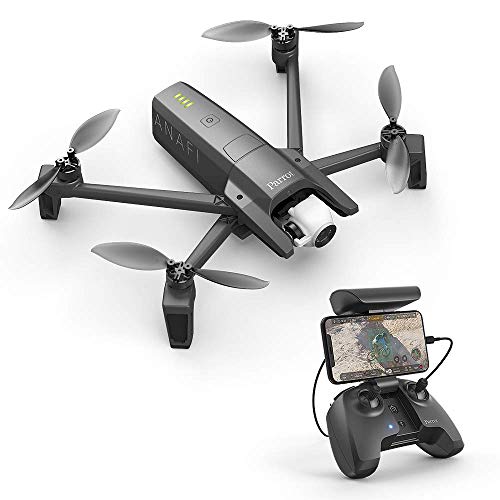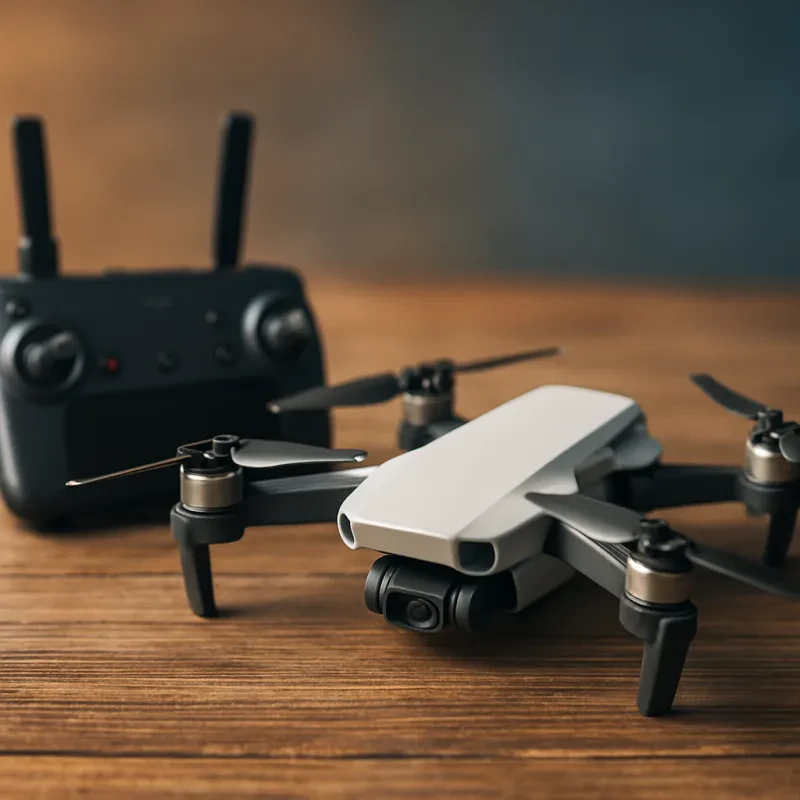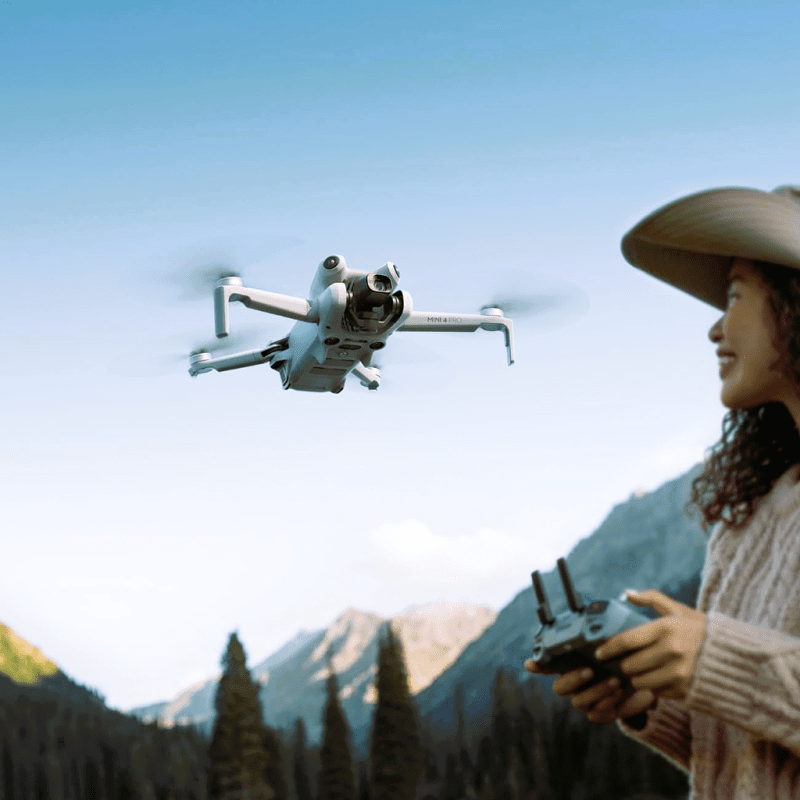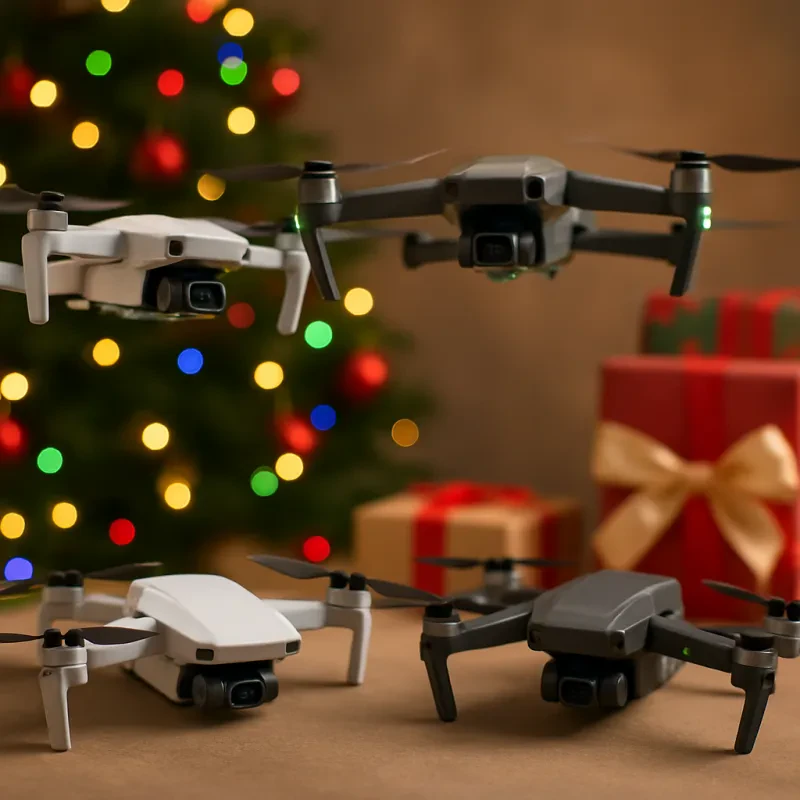RC hobby drones have gained immense popularity over the years as a form of entertainment and recreation. These drones are designed for enthusiasts who are seeking an affordable way to experience the thrill of flying in the sky. Unlike professional drones, which are primarily used for commercial purposes, RC hobby drones are specifically created for recreational use.
Advantages:
One of the key advantages of RC hobby drones is their affordability. These drones are available in a wide range of price points, making them accessible for people of all budgets. Despite being relatively inexpensive, they offer impressive aerial capabilities and a great flying experience. Many RC drones also come equipped with advanced features such as built-in cameras, altitude hold, and headless mode, which further enhance the user's experience.
Furthermore, RC hobby drones are generally user-friendly, making them ideal for beginners and hobbyists. They don't require extensive training or any specific license to fly. With their intuitive controls and stability systems, even individuals with minimal or no flight experience can quickly learn how to pilot these drones. It offers an exciting opportunity for beginners to explore the world of aerial photography, videography, and acrobatic stunts, all while having an enjoyable time outdoors.
Professional Drones: Advanced Tools for Aerial Mastery
Drones have come a long way since their initial inception as remote-controlled (RC) hobby toys. Today, professional drones have become advanced tools that are revolutionizing various industries, including photography, videography, surveying, and even delivery services. These cutting-edge devices offer remarkable capabilities and are designed to perform complex tasks with precision and efficiency.
Professional Drones:
One of the key differences between RC hobby drones and professional drones lies in their capabilities. While hobby drones are primarily meant for recreational use, professional drones are equipped with advanced features that enable them to capture high-quality aerial footage, conduct aerial inspections, and perform tasks that require accuracy and stability. These drones often have enhanced flight controllers, intelligent navigation systems, higher payload capacity, and longer battery life, making them ideal for professional applications.
Advanced Features:
Professional drones also boast superior cameras and sensors, allowing photographers and videographers to capture stunning aerial imagery and shoot high-definition videos. These drones are equipped with gimbals that provide stability to the camera, resulting in smooth and shake-free footage. In addition, they often support features such as auto-follow, object tracking, and automated flight paths, enabling professionals to capture unique perspectives and shots that were once only possible through expensive helicopter rentals.
See our selection of professional drones.
Hobby Drones: Capabilities and Limitations
When it comes to unmanned aerial vehicles (UAVs), commonly known as drones, there are various categories based on their purpose, features, and price range. Two popular categories are hobby drones and professional drones. Understanding the capabilities and limitations of these drones is crucial before making a purchase or deciding which one to use. In this article, we will explore the characteristics of hobby drones and highlight the key distinctions between hobby and professional-grade drones.
Hobby Drones:
Designed for recreational use, hobby drones are typically more affordable and user-friendly compared to their professional counterparts. These drones often come with a built-in camera, allowing users to capture aerial photos and videos. While hobby drones may not have the advanced features and capabilities of professional-grade drones, they are a great entry point for beginners and enthusiasts. Hobby drones are suitable for learning the basics of piloting, aerial photography, and gaining experience in drone operations.
Limitations of Hobby Drones:
It is important to be aware of the limitations of hobby drones. Due to their smaller size and less powerful motors, they may not be equipped to handle adverse weather conditions such as strong winds or heavy rain. Additionally, the flight time of hobby drones is usually shorter, typically ranging from 10 to 30 minutes, depending on the model. Payload capacity is another limitation, as hobby drones are not designed to carry heavy equipment or specialized payloads like professional drones.
By understanding the capabilities and limitations of hobby drones, individuals can make informed decisions on whether they are suitable for their needs and expectations. While hobby drones offer a fun and accessible way to explore aerial photography and piloting, professional-grade drones are often preferred for more demanding tasks such as commercial photography, surveying, and filmmaking. It is essential to assess your intended use of the drone, consider your skill level, and research the available options in order to choose the right drone for you.
See our selection of hobby camera drones
From Performance to Price: Comparing Professional and RC Hobby Drones
Drone technology has taken off in recent years, captivating both amateurs and professionals alike. However, when it comes to choosing the right drone for your needs, it's important to understand the differences between RC hobby drones and professional drones. One crucial aspect to consider is the performance each type can deliver.
Professional drones are designed for commercial purposes, such as aerial photography, cinematography, inspection, surveying, and more. These drones are equipped with high-quality cameras and sophisticated stabilization systems to ensure smooth and professional-grade footage or data collection. Typically, professional drones offer advanced features like obstacle avoidance, longer flight times, and greater control range, allowing pilots to capture stunning visuals from various angles and distances.
On the other hand, RC hobby drones are tailored for recreational use and are often more affordable than professional drones. While offering a fun and accessible way to experience aerial piloting, they generally don't provide the same level of performance as their professional counterparts. Hobby drones usually have built-in cameras, but the quality may be lower than those found in professional drones. Additionally, their flight range and battery life are usually more limited, making them better suited for casual flying rather than professional applications.
